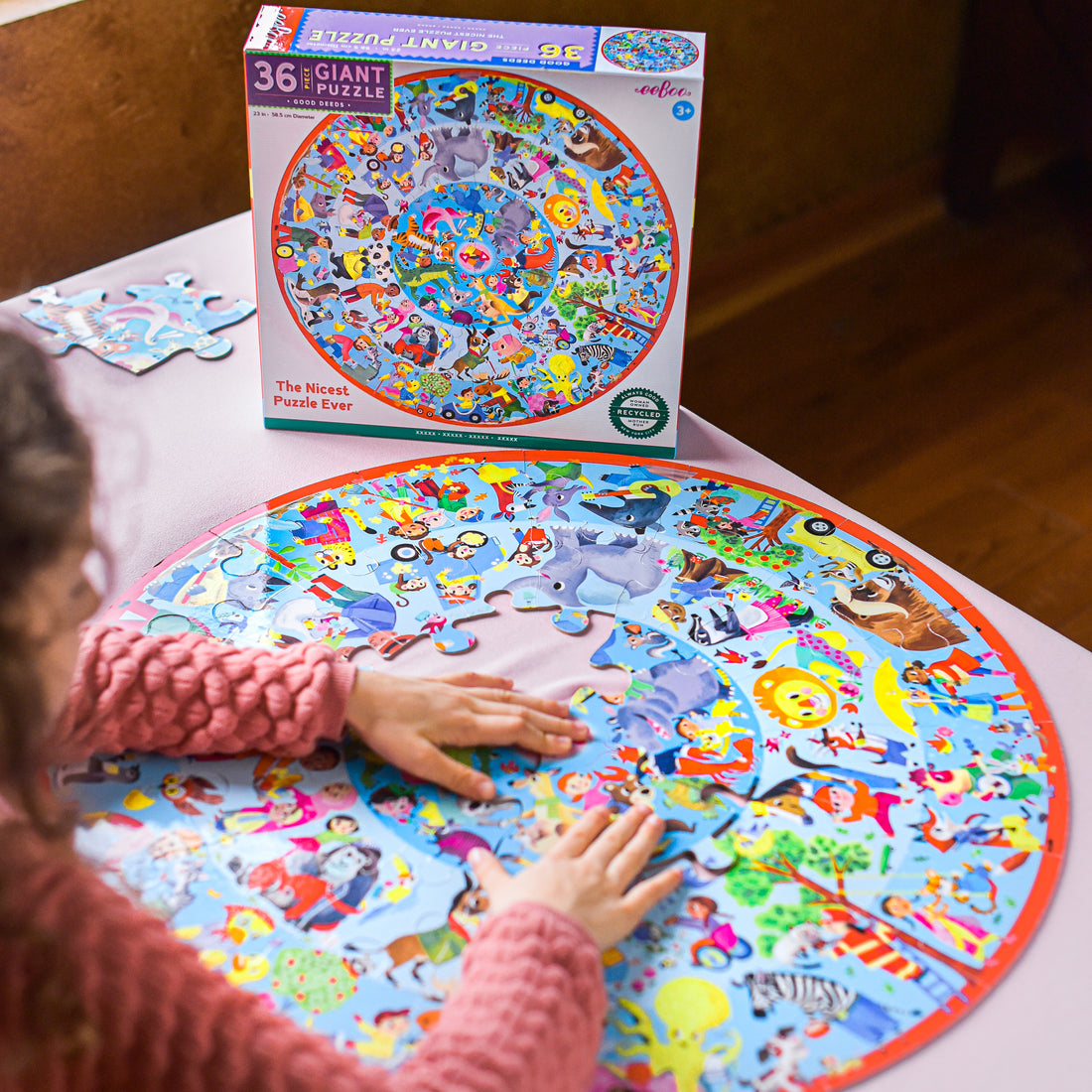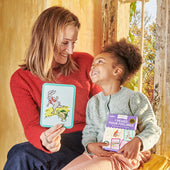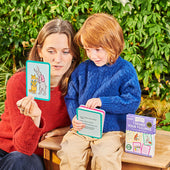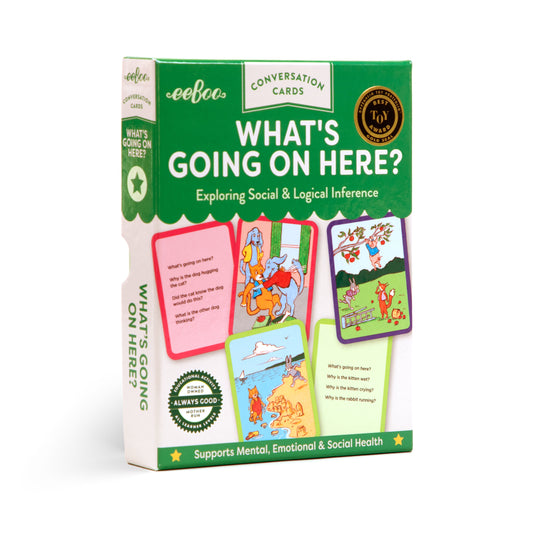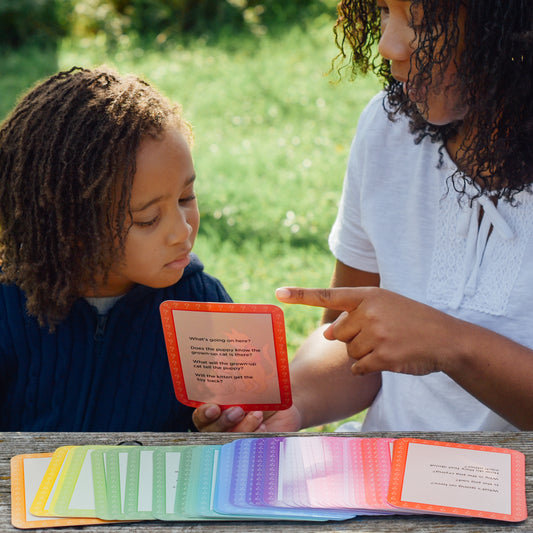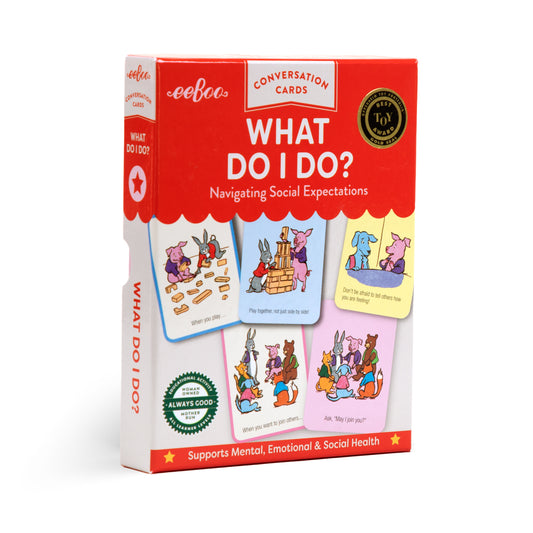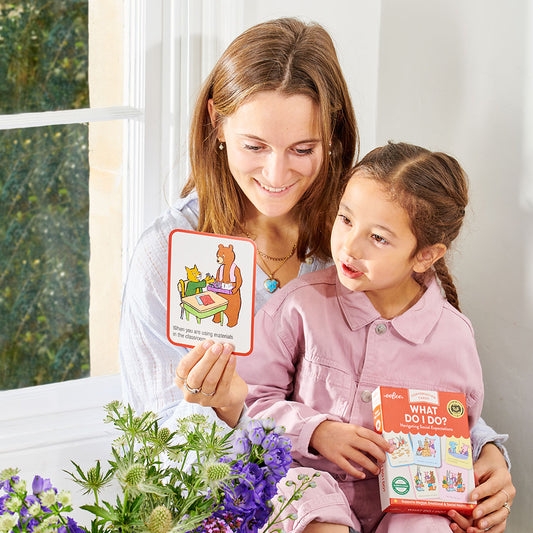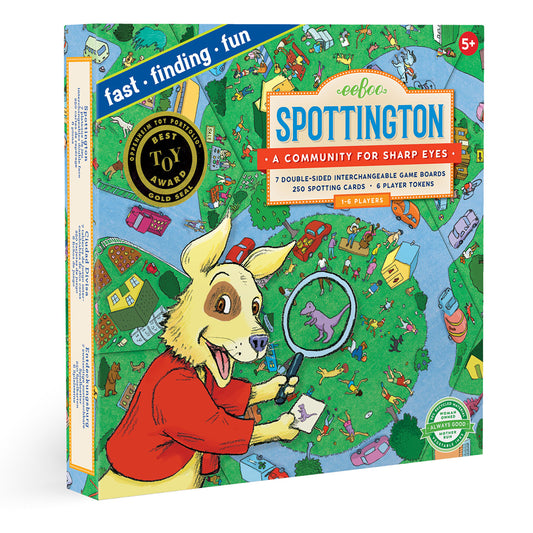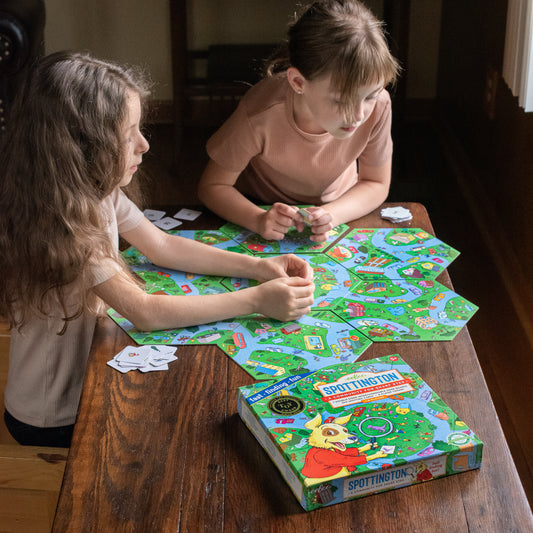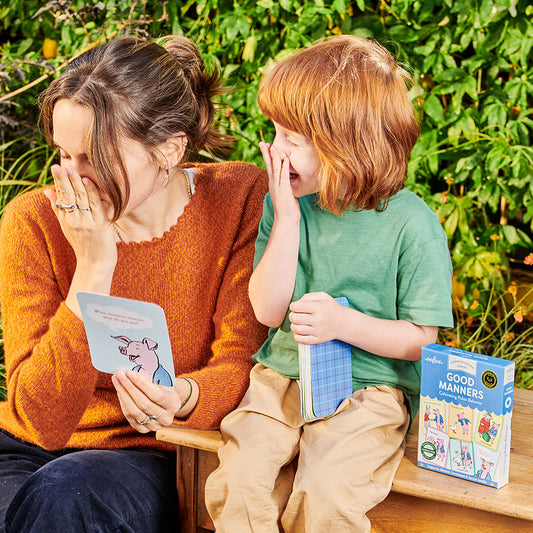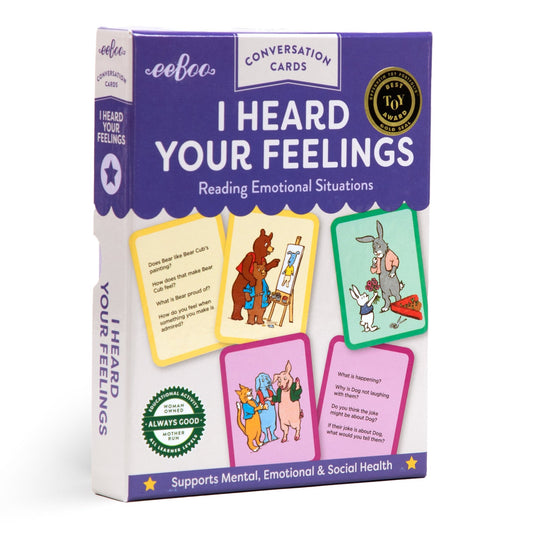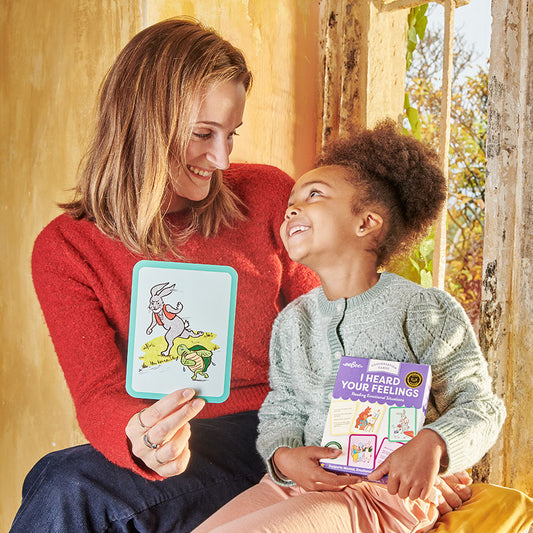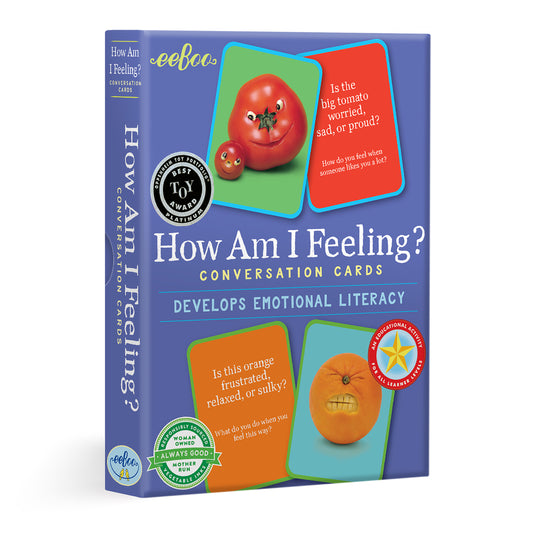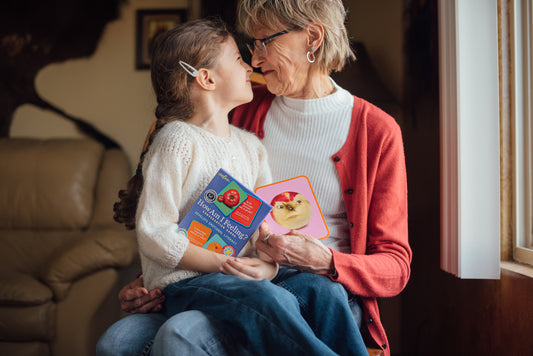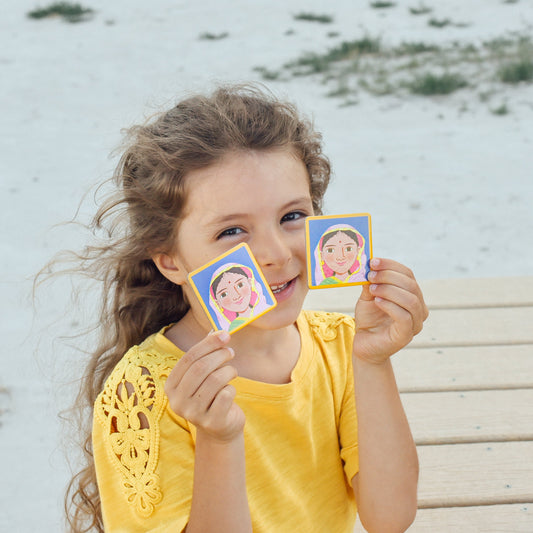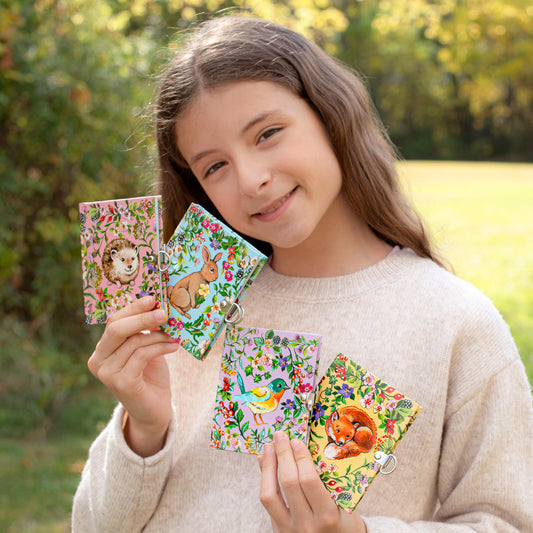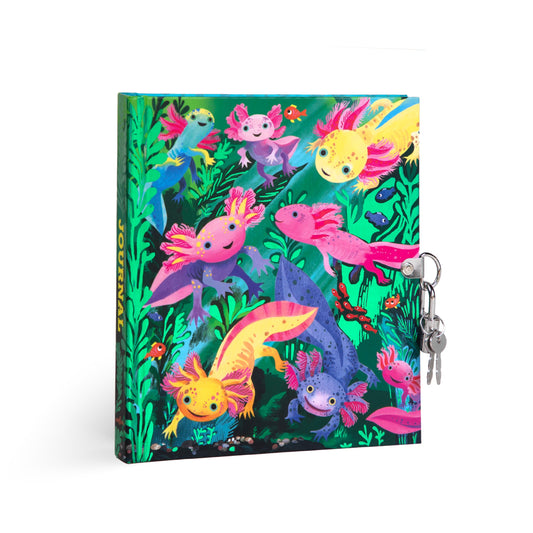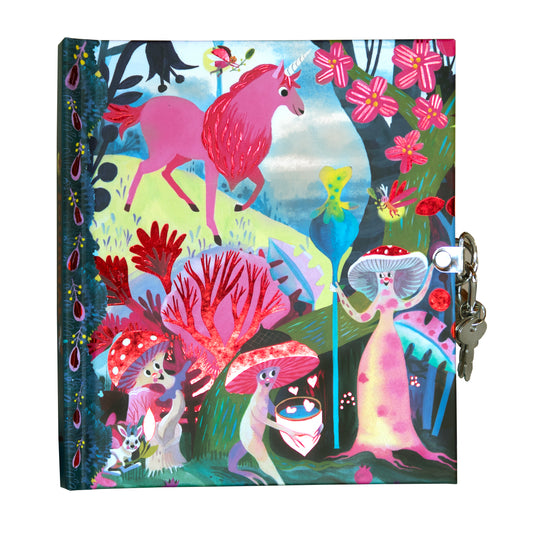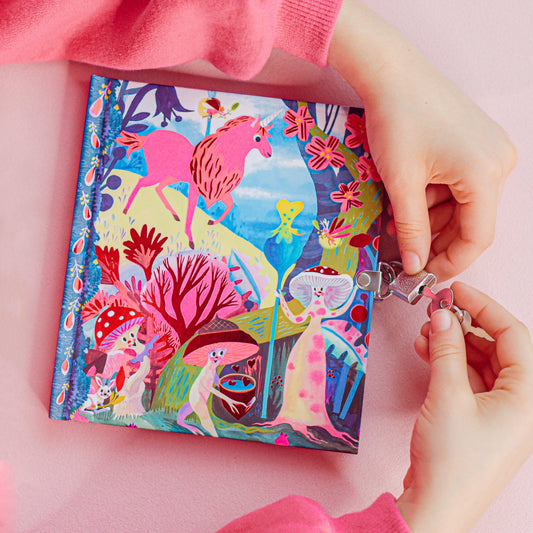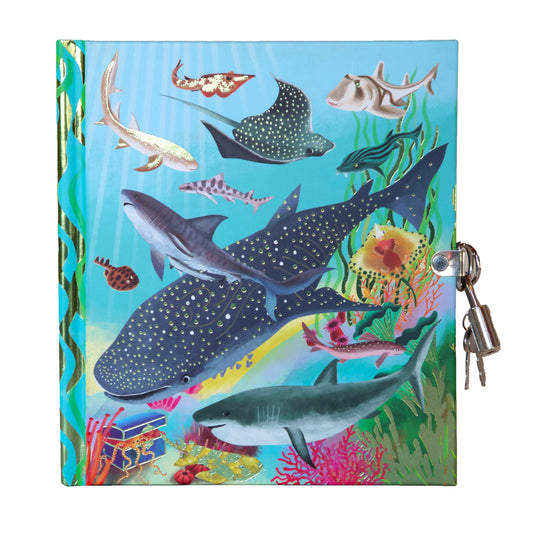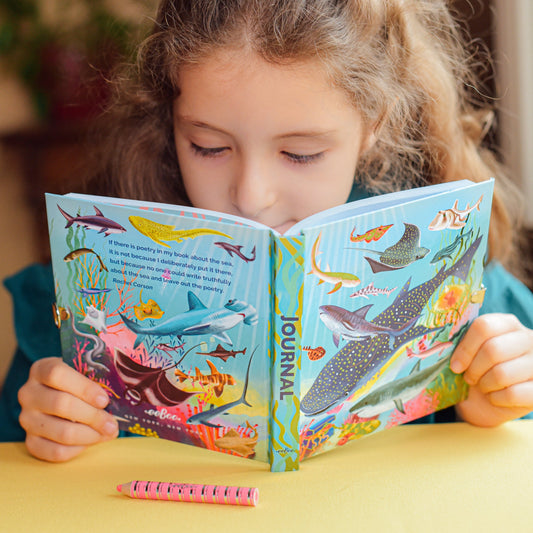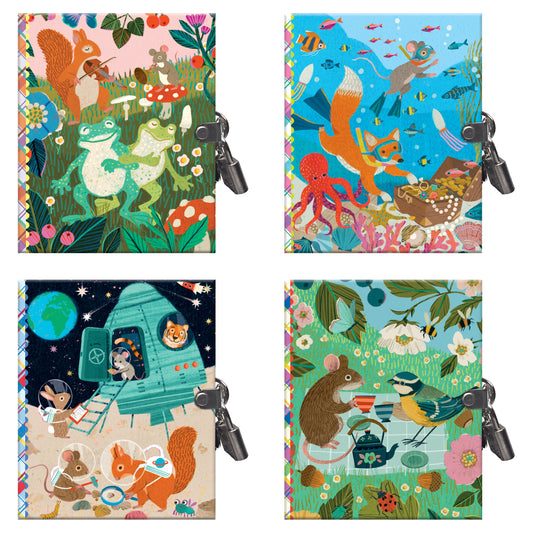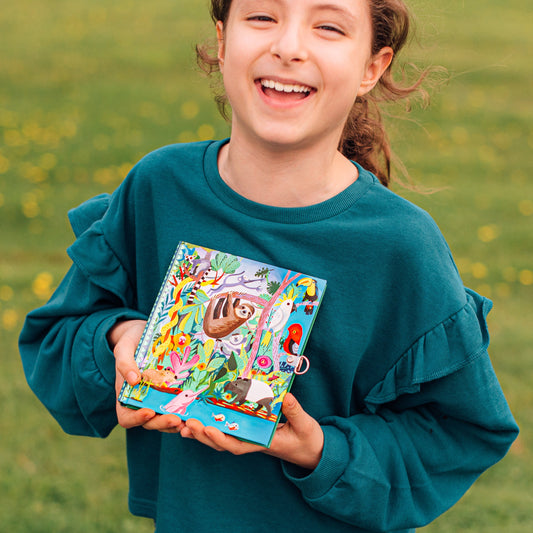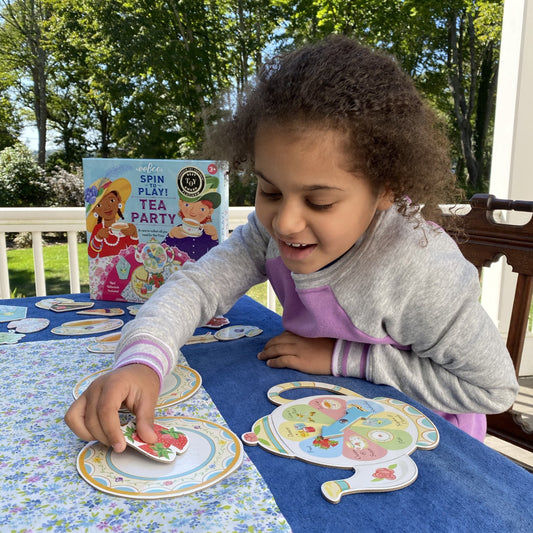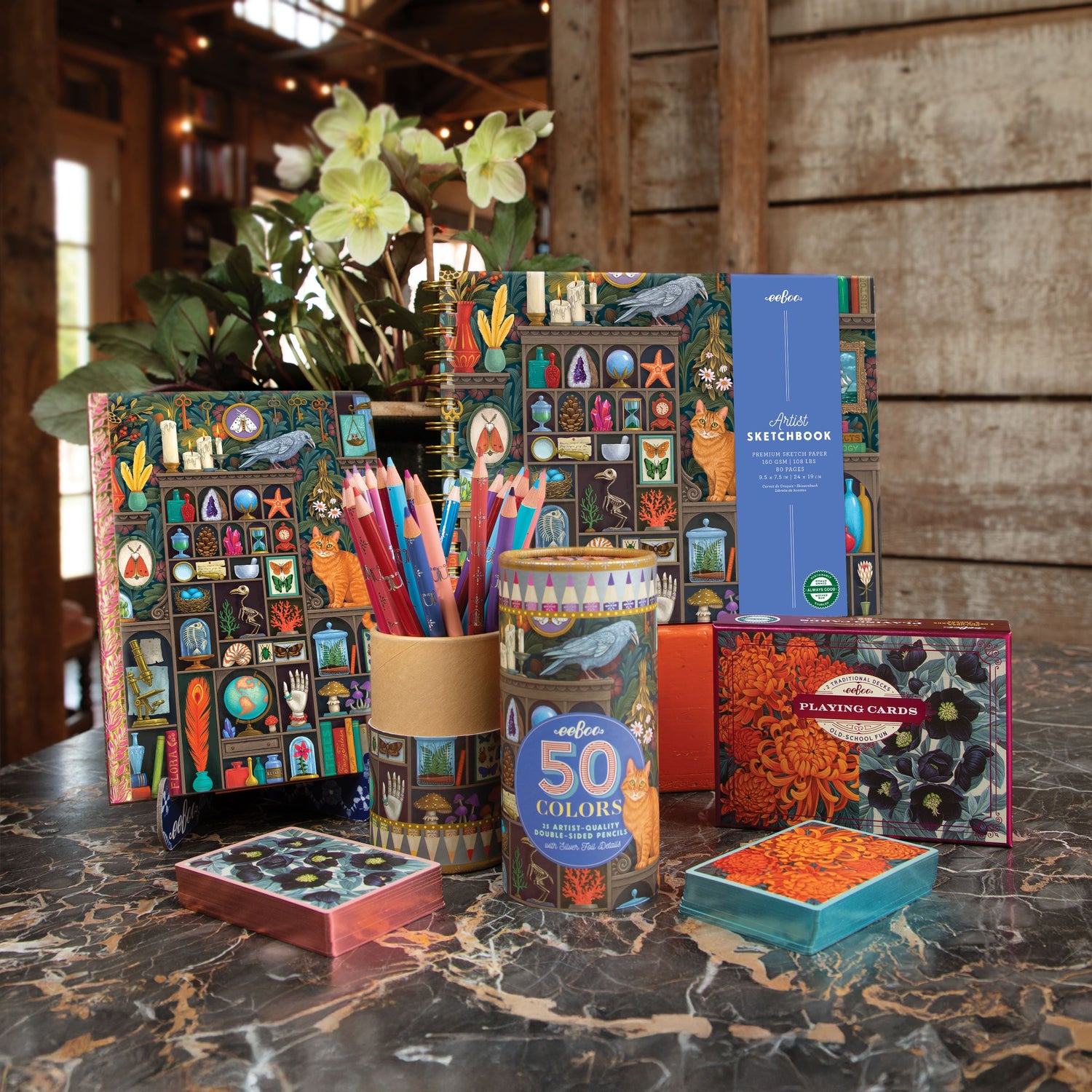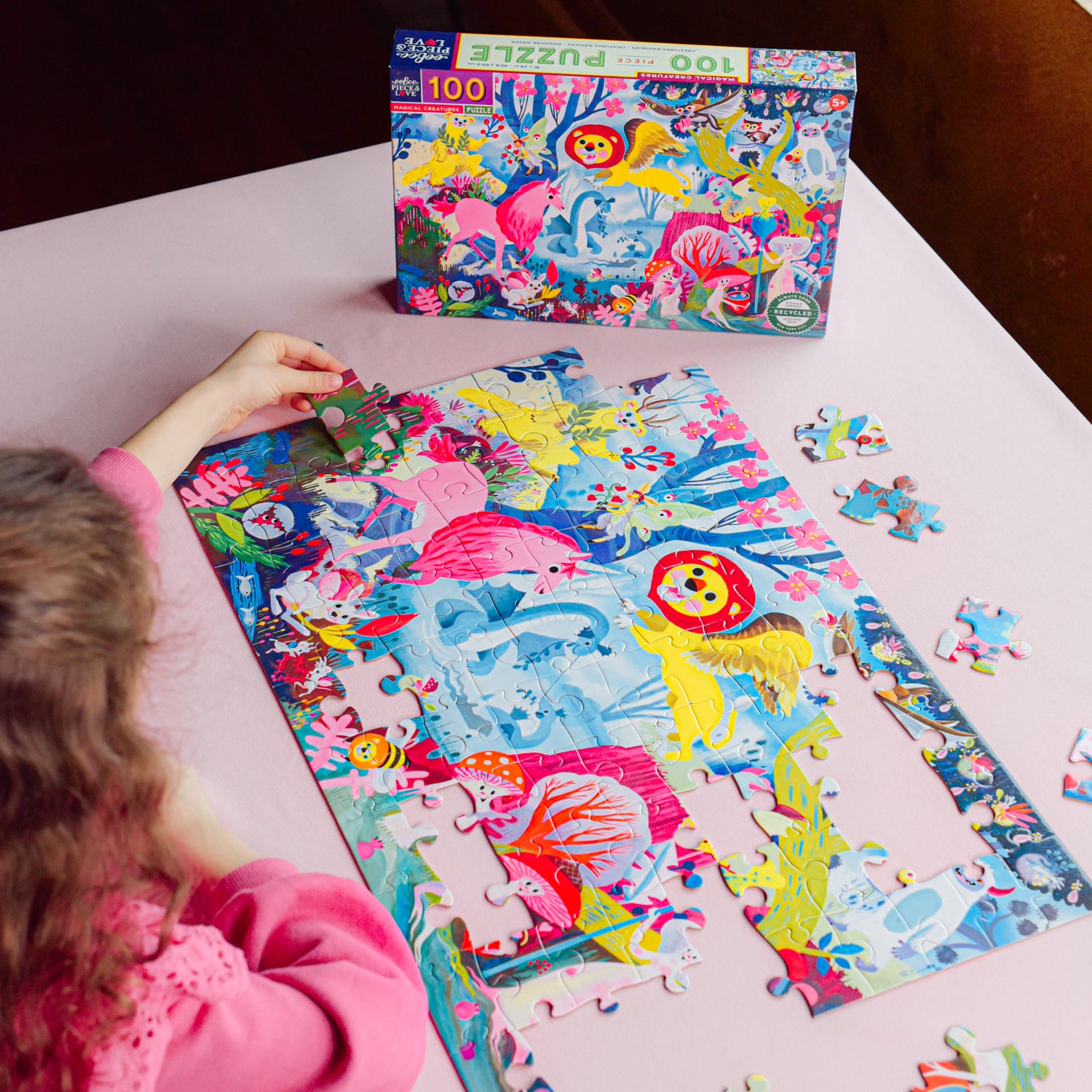Practicing Empathy Through Play: Building Compassionate Connections
Empathy is a cornerstone of healthy relationships and a thriving society. It's the ability to understand and share the feelings of others, which helps us connect on a deeper level. While many of us learn empathy through life experiences, an often overlooked method is practicing empathy through play. Engaging in playful activities not only nurtures creativity and joy but also fosters empathy, especially in children.
The Power of Play
Play is a natural and essential part of human development. It’s through play that children explore the world, learn social cues, and begin to understand the perspectives of others. But the benefits of play extend beyond childhood. For people of all ages, play provides a safe space to experiment with different roles, emotions, and responses.
How Play Fosters Empathy
- Role-Playing and Perspective-Taking: One of the most direct ways play cultivates empathy is through role-playing games. When children (or adults) assume a role different from their own, they step into someone else’s shoes. This exercise in perspective-taking helps them understand different viewpoints, emotions, and challenges.
- Cooperative Games: Games that require teamwork encourage players to consider the needs and feelings of others. By working towards a common goal, participants learn to communicate effectively, offer support, and develop a sense of mutual respect.
- Storytelling Through Play: Storytelling is a powerful tool for developing empathy. Whether it’s through dolls, action figures, or imaginative scenarios, creating and acting out stories allows players to explore complex emotions and situations. This kind of play helps individuals understand cause and effect in social interactions, leading to greater emotional intelligence.
- Emotional Expression: Play often involves expressing emotions, whether it's the joy of winning, the frustration of losing, or the anticipation of a challenge. Through play, children learn to recognize and manage their own emotions, as well as empathize with the emotions of others. For adults, playful activities can be a reminder of the importance of expressing and understanding feelings.
- Problem-Solving Together: Play frequently presents challenges that require collaborative problem-solving. This process encourages players to listen to one another, weigh different perspectives, and find solutions that work for everyone involved. Such experiences are key to developing empathy, as they teach us to value and consider others' thoughts and feelings.
Practical Ways to Encourage Empathy Through Play
- Encourage Imaginative Play: Provide children with toys and scenarios that invite them to create stories and characters. Encourage them to think about how their characters feel and why they behave the way they do.
- Join in the Play: Whether you're a parent, teacher, or friend, actively participating in playtime allows you to model empathetic behavior. Show empathy in your interactions and help guide discussions about feelings and perspectives.
- Choose Empathy-Focused Games: Look for board games, video games, or group activities designed to promote empathy and cooperation. Games that emphasize teamwork over competition are particularly effective.
- Reflect on the Play Experience: After playtime, take a moment to discuss what happened during the game. Ask questions like, "How do you think that character felt?" or "What could we do differently next time?" These reflections help solidify the lessons learned during play.
Empathy is a skill that can be nurtured at any age, and play is a powerful tool in this development. By engaging in playful activities that promote perspective-taking, cooperation, and emotional expression, we can all become more empathetic individuals. So, the next time you play, remember that you’re not just having fun—you’re also building a more compassionate world.

